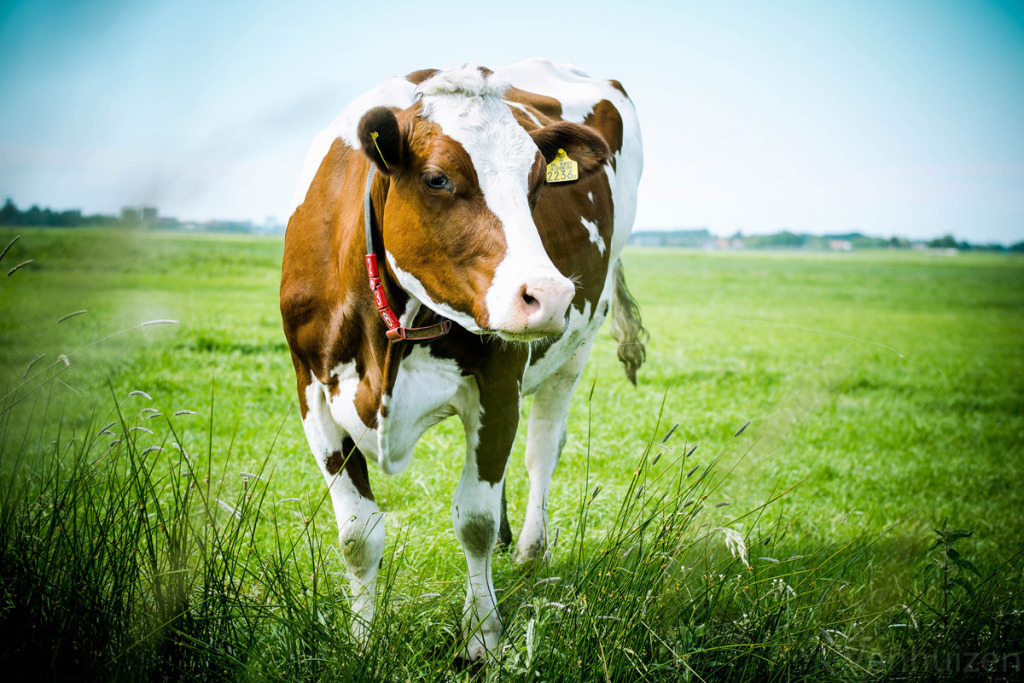Bill Seeks (Again) To End Over-Use Of Antibiotics In Farm Animals
Antibiotic resistance is a big problem. Farmers know it. Consumer advocates know it. Doctors, the CDC, and the FDA all know it. You know it. And the largest contributor by far to the crisis is the 80% of antibiotics that are used in industrial farming. And Congress is, once again, taking a stab at making agricultural antibiotic abuse against the law before it’s too late.
Rep. Louise Slaughter of New York today introduced a bill — PAMTA, the Preservation of Antibiotics for Medical Treatment Act — intended to stem the tide of antibiotic-resistant superbugs.
The bill would amend the Federal Food, Drug, and Cosmetic Act to severely limit the non-theraputic use of any medically important human antibiotic drugs in agriculture. Specifically, it would mean you can only use antibiotics to treat animals who are actually sick with bacterial infections. Currently, antibiotics are widely used in industrially-farmed animals’ food and water to promote animal growth and as preventative measures against disease outbreak from unsanitary conditions.
Antibiotic resistance is a critical problem in modern medicine, as more people every year suffer from infections that are now difficult or impossible to treat. In a press statement, Slaughter’s office specified that over two million Americans acquire antibiotic-resistant infections each year — and over 23,000 of those prove fatal. Globally, that figure is approximately 700,000 fatalities due to antibiotic-resistant infections each year.
Despite the worsening situation, the abuse of antibiotics in farming has increased, rather than decreased in recent years. The effects are already being seen basically everywhere.
In her statement, Slaughter called antibiotic resistance “the most pressing public health crisis of our time.” She continued, “Both the American people and the U.S. government need to give this issue the attention it demands. Right now, we are allowing the greatest medical advancement of the 20th century to be frittered away, in part because it’s cheaper for factory farms to feed these critical drugs to animals rather than clean up the deplorable conditions on the farm.”
“The Food and Drug Administration, the U.S. Department of Agriculture, and Congress have all failed to enact meaningful changes to the status quo, endangering countless Americans,” Slaughter added. “If we want to prevent a nightmarish post-antibiotic future, citizens of this country need to speak up and demand that their leaders enact enforceable, verifiable limits on the use of antibiotics on the farm. Anything short of that, and we will only be biding our time until a major outbreak causes widespread devastation in this country and throughout the world.”
The bill, which already has 21 co-sponsors, was referred to the Health subcommittee of the House Energy and Commerce Committee, where it will presumably, and unfortunately, never again see the light of day.
In the meantime, some businesses are slowly responding to consumer concern and taking steps to buy meat from farms that do not use non-theraputic antibiotics.
Slaughter introduced earlier versions of the bill in 2007, 2009, 2011, and 2013; perhaps the fifth time’s the charm.
Want more consumer news? Visit our parent organization, Consumer Reports, for the latest on scams, recalls, and other consumer issues.


